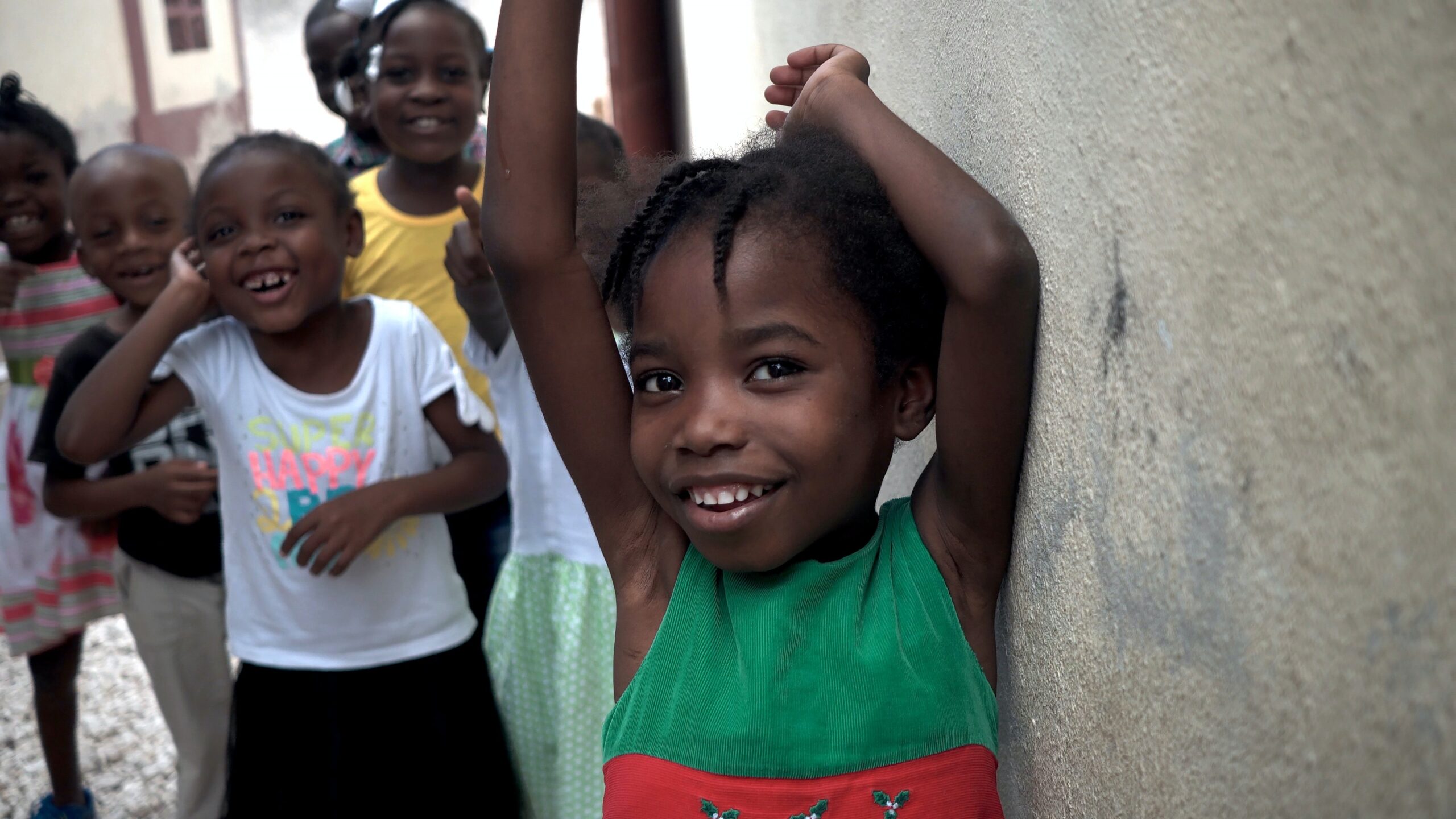Medical missions bring much needed aid to global health crises quickly, but can raise new challenges when they are not approached thoughtfully and methodically.
Consider some global health crises:
Approximately two billion people around the world do not have access to lifesaving health care.
Many people may be limited by poor roads or a lack of qualified health personnel, and some families save money for years just to be able to afford care.
Women and girls spend 200 million hours fetching water every day.
UNICEF reports this is often from sources that are infested with insects, animal waste, and chemicals, and serve as breeding grounds for waterborne diseases.
Young and old are impacted by, and even die from preventable causes like these every day. Global missions are a good fit to address these kind of immediate needs; they do not have the constraints local governments experience, like poor infrastructure or bureaucracy, and can support the local health care workforce, who are often overwhelmed and under supplied.
Yet missions are frequently exploitative of local populations and self-serving, primarily offering feel-good training opportunities for volunteers or new clinicians. They often offer ineffective interventions—quick fix solutions that do not address root cause problems. And they are not sustainable; they cripple communities’ growth by making them dependent on missionaries.
Global missions should be catalysts to positively impact patient and community health outcomes. We must hold them to a higher standard to ensure they deliver quality care, empower communities, and establish sustainable solutions.
Seven steps to ensure quality global health missions:
RESEARCH
Complete a thorough ground assessment to identify the needs of the area. Find out what, if anything, has been done in the past to help that community, and learn what worked and what did not.
ENGAGE THE COMMUNITY
This starts pre-mission. Speak to the locals and any health care workers on site. It is also important and ethical to seek permission and make decisions whenever possible with community leaders, as well as cultural and government authorities.
ENHANCE AND DECOLONIZE
Avoid imposing views. Listen to the community more than you prescribe.
KEEP SUSTAINABILITY IN VIEW
Plan how you will incorporate health education into your mission. Involve local health care workers and institutions, and collaborate when possible. Connect with other organizations and government partners that address sustainability in education, water, and sanitation.
RECRUIT AND EQUIP YOUR TEAM
Communities deserve competent care, so volunteers providing care must be trained to deliver it. We must recruit volunteers with the proper skill sets, as well as provide them with educational materials, resources, skill refreshers and information on what to expect in the field.
VOLUNTEERS SHOULD ONLY PERFORM TASKS WHEN THEY ARE TRAINED FOR THEM
Particularly in regard to medical procedures, we must be knowledgeable of the credentials, scope of practice, and skill comfort levels of our teams. Do not allow or ask those who are not licensed to do medical or nursing procedures in their home country to do them elsewhere.
BE AN ADVOCATE
Share assessment findings, interventions conducted, and recommendations with community leaders as well as government bodies. Engage and follow up with them to keep the work going.
U-VOL (United Vessels of Love) Foundation, INC is a local and international health care relief 501(c)(3) non-profit organization located in California, United States. The organizations’ mission is to aid in meeting the unmet health care needs of underserved and vulnerable communities. U-VOL primarily serves homeless population groups within the United States and provides health education support and training programs, medical relief missions, as well as hygiene, sanitation, and clean water projects around the world.
Read more:
- U-VOL (United Vessels of Love) Foundation, INC
- Who benefits from short-term medical missions?
- Guatemala Give-and-Take
- Medical Missions Require a Quick Fix: Thoughtfulness
- Doctor of Nursing Practice (DNP) Executive Track/MBA Dual Degree
ABOUT THE AUTHOR: FAITH ADOLE
Faith Adole is a DNP/MBA program student from southern California. She is a Family Nurse Practitioner and Nurse Leader with over 12 years’ experience. Faith is currently the Chief Executive Officer and Founder of U-VOL Foundation, Inc. She is passionate about inspiring minority nurses and midwives to lead in global health settings; she is committed to health care advocacy and bridging the gaps in existing health care and wellness needs for less privileged communities throughout the world, especially in Sub-Saharan Africa.

